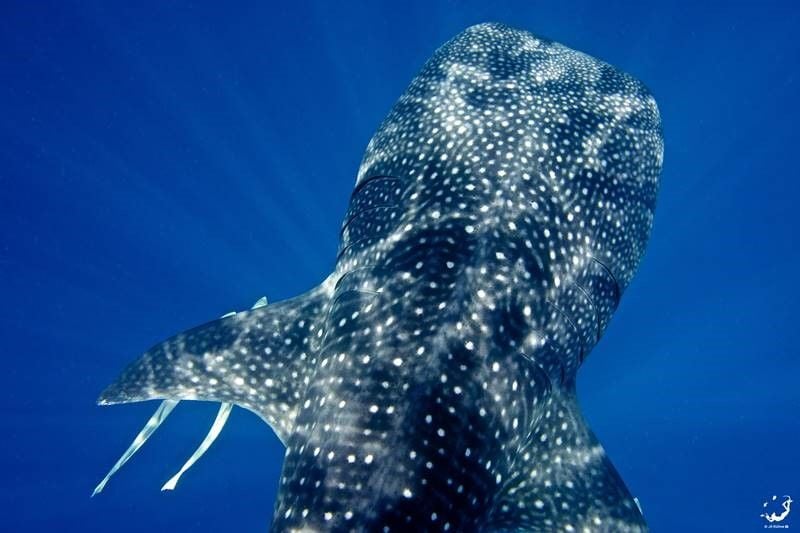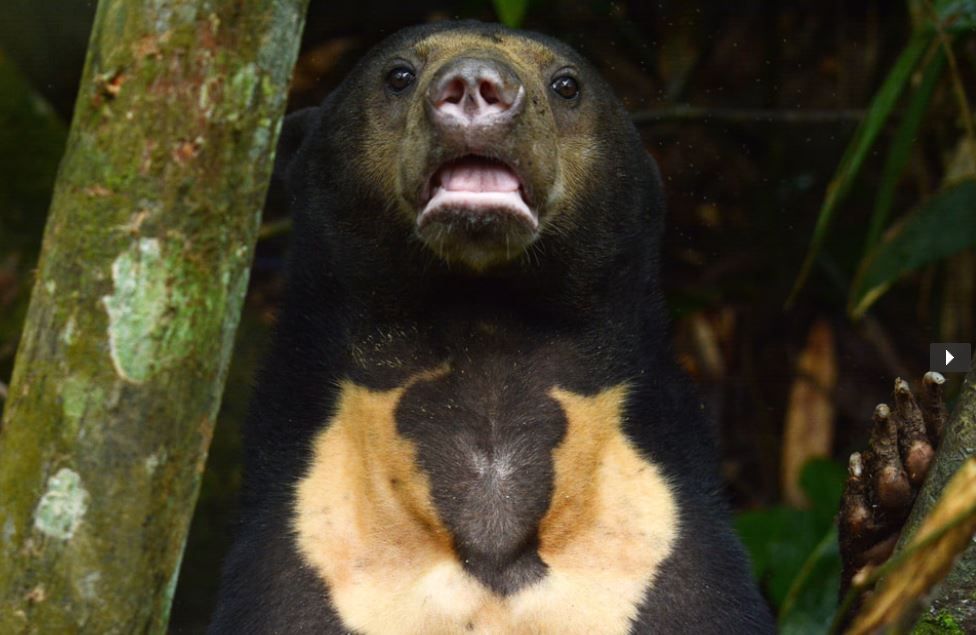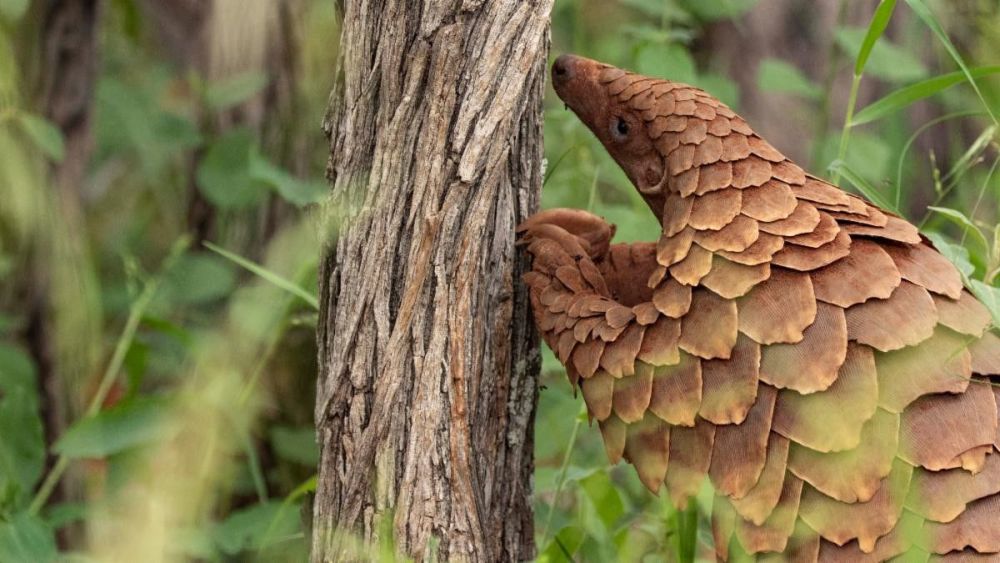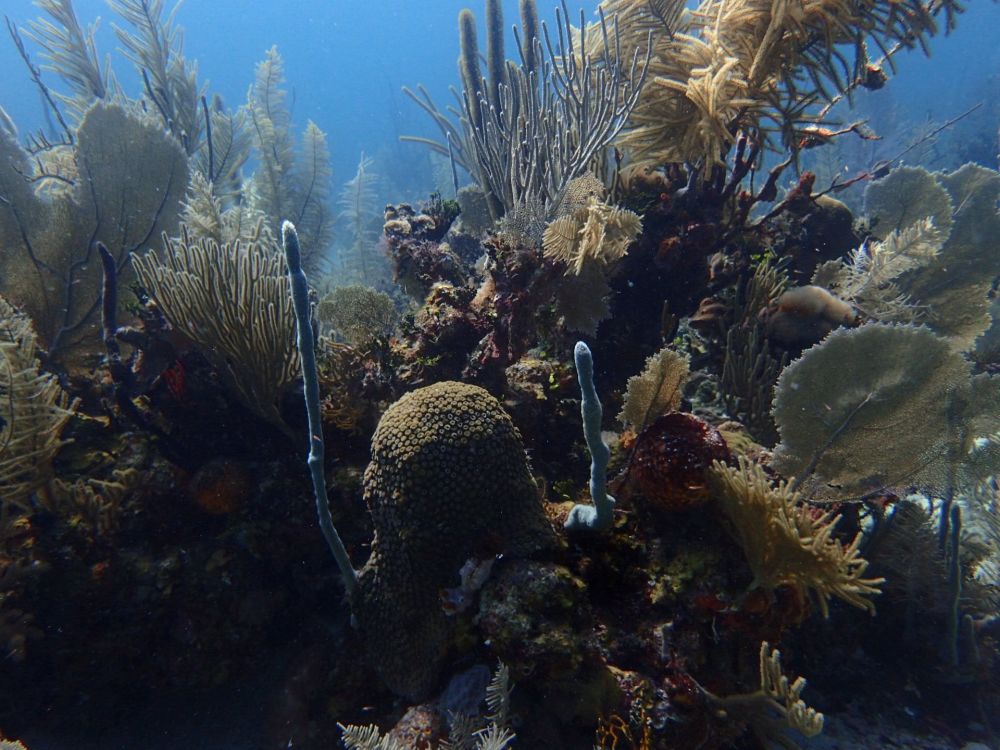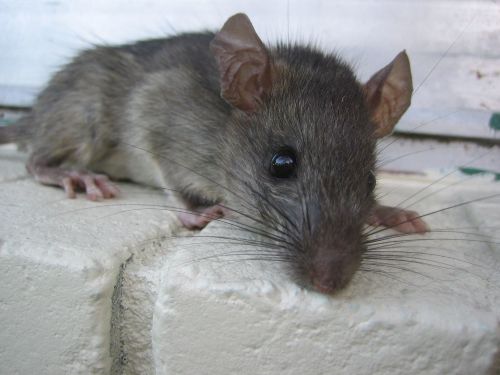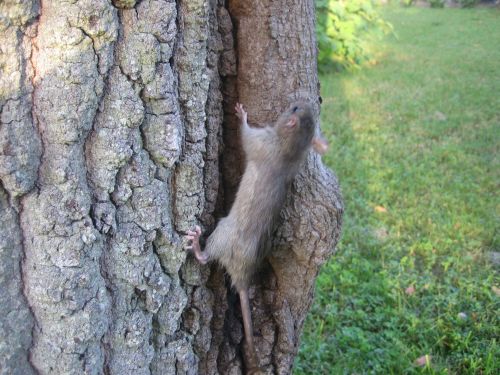World Wildlife Day 2021 is on 3rd March
Posted on
World Wildlife Day takes place on 3rd March and this year the theme is “Forests and livelihoods: Sustaining People and Planet.”
#Doonethingtoday to help forest communities and conserve our forest wildlife.
The day in 2021 will highlight the essential role played by forests, the species living in forests and ecosystems play in sustaining the lives of millions of people around the world. It particularly focuses on indigenous and local communities who have long held ties to forest areas and areas next to forests.
There is a livestream you can follow on You Tube – of course this year it is a virtual event but you can follow everything on You Tube. The schedule is here.
Representatives from the UN member States, UN system organisations, the private sector and others come together to discuss the theme of “Forests and Livelihoods: Sustaining People and Planet".
The International Fund for Animal Welfare is one of the partners.
Now, there’s plenty we can all do to help.
One is – of course – to spread the word. Use the hashtags
#ForestPeoplePlanet; #WorldWildlifeDay; #WWD2021.
#DoOneThingToday
Other ways you can help are to just #DoOneThingToday to make a difference and help wildlife conservation.
The website has a number of different ways you can do this and they include:
1. Set a goal
Try to have the smallest possible negative impact on the environment, wildlife habitats and the planet’s biodiversity. This is really important. Examples are to eat less meat or no meat, reduce food wastage, buy local, look for products with palm oil in them (check Ethical Consumer for lists), reduce your use of everything especially plastic, and really think before you buy: do I absolutely NEED this? Why do I need it? Making one change can quickly lead to another. If you fall by the wayside, just get up again and get back on the road to change.
You could also try to have the largest positive impact on the environment, habitats and the planet’s biodiversity. Actions could include things such as making choices which boost this goal, such as choosing wildlife friendly flowers for a garden pot or border, doing a monthly donation to a Buy an Acre scheme such as the World Land Trust, supporting a campaign such as Plantlife’s Road Verges campaign.
2. Donate something
What can you give?
Time: volunteer for a conservation charity – there are all sorts of ways to do this, from short volunteer holidays to regular volunteering and supporting one off events such as a beach clean. This may not be easy due to covid-19 restrictions but keep checking because things are liable to change fast. Some may need help from people stuck at home with essential admin tasks.
Money: support an appeal, buy an acre, buy something for a charity off a wish list or support them on Amazon Smile or any fundraiser
Your voice: speak out, write to companies who need to change their ways, support petitions,tell politicians that the environment and wildlife are important to you. Speak out against companies that want to bulldoze habitat.
3. Encourage others to get involved
Hedgehog Street is a great example of this – there are 70,000 hedgehog champions in the UK now, all championing the role of hedgehogs. Toad Patrol is another example where people go out at night and ensure toads cross the road safely. Beach cleans is another example – you can literally adopt a beach to clean up.
4. Offset your carbon emissions
For example if you fly, instead of donating to an airline’s carbon emission offset scheme, donate to a charity which knows where to plant trees. There are a lot of tree planting schemes going on and you need to be sure you donate to one which knows which trees to plant where so that the most appropriate trees are planted for the area. One option is to donate to an appeal of a conservation charity.
5. Understand the illegal wildlife trade
Be informed on the illegal wildlife trade. Visit CITES, and TRAFFIC to find out more. Tell the authorities if you have information on illegal wildlife activities such as poaching, wildlife trafficking and illegal logging. Education for Nature Vietnam has a video which encourages people to report those engaged in such illegal activities to the authorities.
6. Connect with the natural world.
One thing I found particularly useful when I really got involved in conservation (and I’m not a scientist or professional, I’m just someone who cares and makes a difference) is to try to develop a relationship with an animals so that you feel you’re caring for “your” animal. For instance, a few years ago my husband adopted a polar bear for me as a birthday present. I am still “looking after” Nanuk by turning all the lights off as I leave a room, turning my thermostat down and wearing a jumper, looking for ways to cut carbon emissions etc. It’s my way of looking after her. And her cubs. Knowing she is out there trying to survive always does the trick in helping me to make the decision that’s best for her.
7. Visit World Wildlife Day’s website to find out more and get involved
